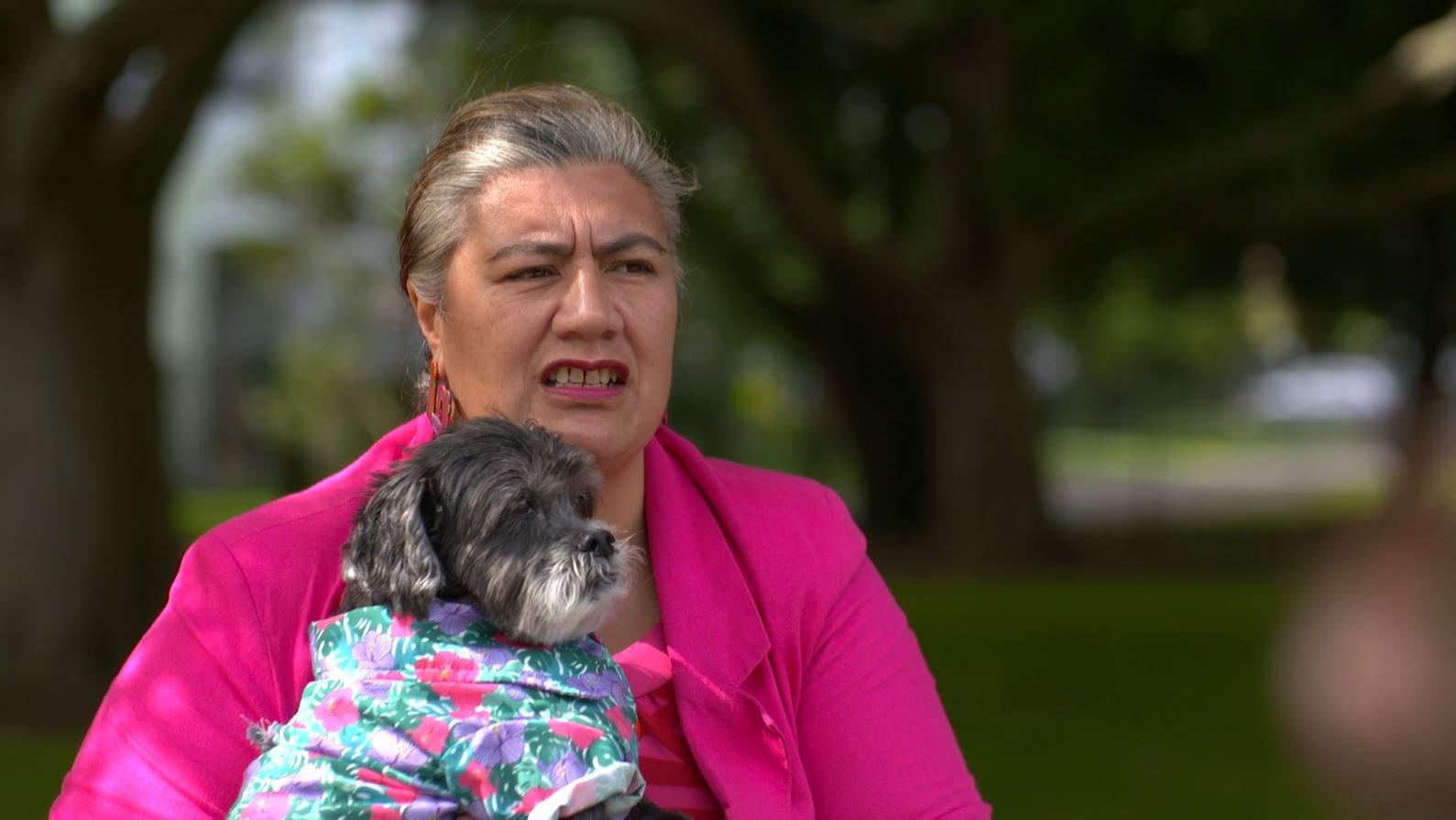New figures show dog attacks and roaming dogs are on the rise in Tamaki Makaurau and irresponsible owners are part of the problem.
Latest breaking news sheds light on irresponsible dog ownership continues to be a major cause of roaming dog attacks and aggression across Auckland City.
And Auckland City Councillor and dog owner Josephine Bartley says, unfortunately, recent dog attack figures show Māori and Pasifika owners are highly represented
“In our regulatory and safety committee animal management report to us and one of their presentations since they showed us the statistics from Starship Hospital at Auckland Hospital and how the highest number of dog attacks and dog bites were Māori and Pacific children and that was really concerning to see,” Bartley says.
A recent council Animal Management annual report reveals the known dog population in Tāmaki Makaurau has increased by 2.3 percent to 135,546 dogs, with 113,354 individual dog owners as at the end of June 2024.
However dog attacks had also increased 17 percent, equalling 2,846 attacks, mostly caused by roaming dogs with 6,438 dogs classified as menacing, a 19 percent increase.
Nikki Cripps who is the Regional Animal Shelter Manager in Wiri, South Auckland is concerned about the rise of dog attacks
“The dogs that we’re getting have been under socialised, therefore they’re showing us aggressive behaviours,” she says.
“Understandably during covid you couldn’t socialise correctly with your dog. Also, for a period of time, a lot more people got dogs because they were at home more, so, that combined, has seen a change in the dog’s behaviours that we’ve seen coming through which, unfortunately, has increased the aggression.”
One of the main problems with the number of stray roaming dogs is that they are not being desexed
“During covid, there was no desexing done as it wasn’t classed (as) an emergency surgery so that obviously led to dogs being un-desexed and continuing to breed,” says Cripps.
“We feel we’re now seeing the impact with multiple dogs coming into the shelter, and the increased litter.”
To help combat this a new Animal Management (Proactive) Team was created in late 2023
“Rather than waiting for reports from the public, we actually go out and proactively engage with communities and patrol our high-risk streets so that we’re not that ambulance at the bottom of the cliff anymore.” says Aaron Neary Proactive Management Team Leader.
“And what we’re hearing is that people are coming up to us saying that they feel safe to walk their kids to school now or to walk to work.”
For Bartley, who has a 12-year-old Shih tzu named Milo, she wants to highlight the responsibility involved with owning a dog which can be a 7-to-15-year commitment.
“There’s the registration, there’s all the medicals, the microchipping. the vet care, It’s, some people say, it’s like you having a child. And in his case, wardrobe, you know, so there’s a lot of costs involved in having a dog and also his care.” Bartley says.
New dog owners Moana Peterson and Caleb Amiatu, who live in a ground floor apartment with a garden, in Onehunga, say they did a lot of research before they adopted “Mumble” who is a 9-week-old Chow Chow.
“We had a little look at dogs before and we wanted to make sure it wasn’t going to be like super high energy because it wouldn’t be good on that dog if we had it cooped up in a small little place.
“And so, once we figured out which dogs were good for a small apartment, the list was quite short,” Caleb says.
Mumble is still quite young and Moana and Caleb still have a few boxes to tick as new furby parents
“We have to worm her, wait until she’s four months to take her outside, we have to train her,” says Moana.
“Yeah, I think training’s the big one. A lot of socialisation and just making sure she’s meeting different types of people, different types of dogs, cats, different environments and sounds just so that she knows that it’s all safe.” Caleb adds.
Bartley says most people in the community are doing the right thing
“I know the majority of our community, of our Pacific, of community, we love our animals,” she says. .
‘But for those of us who just get the dog like a guard dog or, you know, the dog is locked up at the back, the dog goes out and attacks and kills other animals and that’s not what the dog is for.”
Animal Management Proactive Team leader Aaron Nearly agrees, and his message to the community is simple
“To get your dog registered, microchipped, vaccinated? Absolutely.
“Get them desexed as soon as possible. Make sure that your dog is always kept contained on your property and that you’re exercising it adequately and under control whilst it’s being exercised.” he says.
“And just make sure you’re learning all of your responsibility as a dog owner and just how to keep your dog safe around the community, but particularly around children.”













